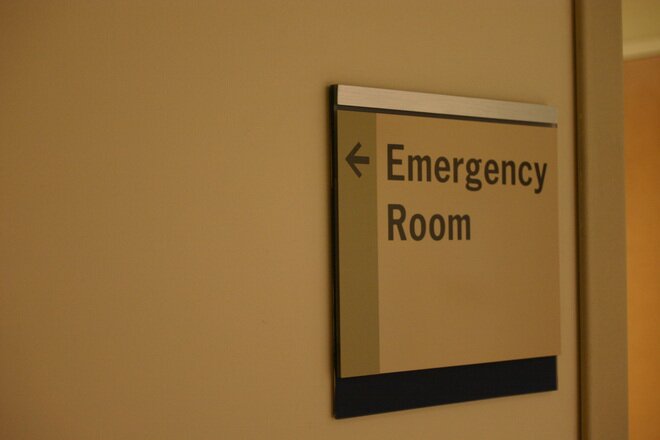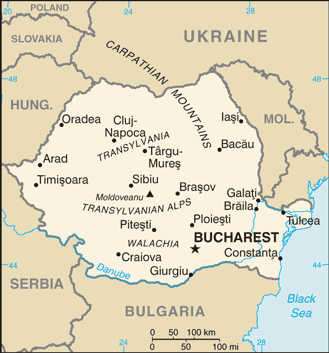Intensive care in Romania to get 900 specialist paediatric doctors under Romanian-Swiss cooperation project
Intensive care in Romania to get 900 specialist paediatric doctors under Romanian-Swiss cooperation project
Intensive care in Romania will get 900 specialist paediatric doctors trained under a Romanian-Swiss cooperation programme which results were unveiled at a news conference on Wednesday.
It is about a project for improving service quality in paediatric intensive care units by implementing a training programme funded under a Swiss-Romanian cooperation programme, part of a healthcare reform fund.
The main results of the project were unveiled by Dorel Sandesc, technical coordinator, and they comprise a training curriculum for a two-year paediatric intensive care course ending with intensive care certification, more than 50 trainers from university centres (Bucharest, Iasi, Cluj, Targu Mures and Timisoara) trained for the implementation of a certification programme (a training course for trainers), 27 classes and over 900 trainees specialised in intensive care, prepared training centres for implementing certification (implementing standard courses in various areas and providing specialist literatures).
For the first time in Romania, a management course was provided for intensive care developed under the aegis of the European Intensive Care Society, with the involvement of seven foreign trainers that trained six Romanian trainers for the implementation of the course attended by 25 specialist and resident doctors.
“This project started from a well-known fact, namely a major crisis of specialist doctors, particularly anaesthetists and intensive care doctors, following a massive migration of specialists that solves similar problems in the West for free. The overall objective of the project was improved intensive care services. The project, worth 574,883 Swiss francs (85 percent provided by Switzerland and 15 percent by Romania’s Health Ministry), covered 28 months. The main beneficiaries are children in critical conditions necessitating intensive care hospitalisation,” said Sandesc.
Asked whether or not the 900 doctors are guaranteed not to leave Romania after training, Sandesc said that a solution to that will have to be found in Romania.
“The solution to the doctors’ leaving Romania has to be found in Romania. High performance is requested. Romania is still earmarking the lowest GDP share for healthcare spending. High performance is being requested from a system that is the worst funded in the European Union. No miracles can be expected until the funding problem has been solved. We cannot chronically underfund this system,” said Sandesc.
Swiss ambassador to Romania Jean Hubert Lebet said he came from a country facing problems in the area, but healthcare system management is very complicated, and the part of the ministry is to make all the elements work in harmony.
“I had talks with ministers of the Romanian Government. Human resources management is the problem, because even when professionals exist, nothing can be done. I know people in office who can secure progress in the system. The question is whether or not a genuine reform of the administration is being sought; working ways have to change, decent pay is needed as well as proper budgetary allocations for the healthcare system. Romania is lagging behind in terms of healthcare allocations as a share of the GDP,” said Lebet.
As far as the joint project with Romania is concerned, he said it was not easy to complete because of red tape.-reports Agerpres.ro
Pin It



